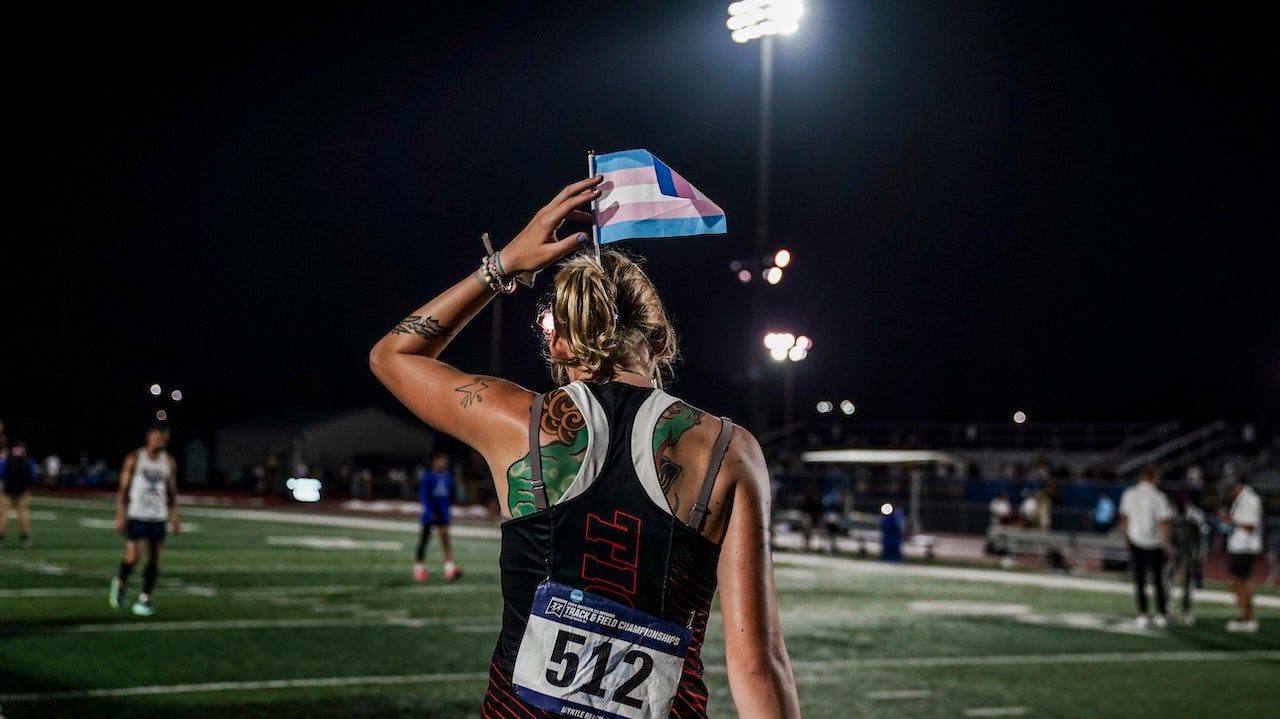Maine to continue letting trans athletes compete on women’s sports teams

In a recent statement, the executive director of the Maine Principals Association (MPA) emphasized that high school athletic teams in the state will continue to determine eligibility based on a student’s stated gender identity, despite President Trump’s executive order seeking to keep “men out of women’s sports.” Mike Burnham, the executive director of the primary governing body for high school sports in Maine, explained that the president’s order conflicts with state law aimed at protecting human rights. As a result, the MPA will defer to the Maine Human Rights Act when it comes to determining athletic eligibility.
“The executive order and our Maine state Human Rights Act are in conflict, and the Maine Principals Association (MPA) will continue to follow state law as it pertains to gender identity,” Burnham told Maine Public. He reiterated this stance in a statement to Fox News Digital, confirming that the MPA will instruct all schools in Maine to adhere to the Maine Human Rights Act, in accordance with a notice from the Department of Education.
While the NCAA has revised its guidelines around transgender participation in sports, Maine is among a few states that have affirmed their commitment to allowing transgender women to compete on women’s sports teams in accordance with state laws. Trump’s executive order directs federal agencies to review grants, programs, and policies that do not align with the administration’s efforts to prevent male participation in women’s sports for reasons of safety, fairness, dignity, and truth.
Several state athletic associations, including those in Minnesota and California, have also stated that decisions regarding the eligibility of transgender athletes are governed by state human rights statutes. However, Michigan’s governing body for youth sports is seeking clarification on potential conflicts between Trump’s executive order and state law.
Civil rights attorney Sarah Perry highlighted the legal challenges faced by states that choose to defy federal directives on transgender athlete eligibility. She noted that Biden’s Title IX regulations allowing athletic eligibility based on gender identity faced numerous legal challenges, with the Biden administration losing every case. Perry warned that non-compliant states risk federal Title IX investigations and the potential loss of funding, which could ultimately force them to comply with Trump’s demands.
As the debate over transgender participation in sports continues to unfold, it is clear that the intersection of federal and state laws will play a crucial role in shaping athletic policies across the country. The MPA’s decision to prioritize state law in Maine reflects a broader trend of states asserting their autonomy on this contentious issue, even in the face of federal pressure. Time will tell how this legal showdown between federal and state authorities will impact the future of high school sports in Maine and beyond.




